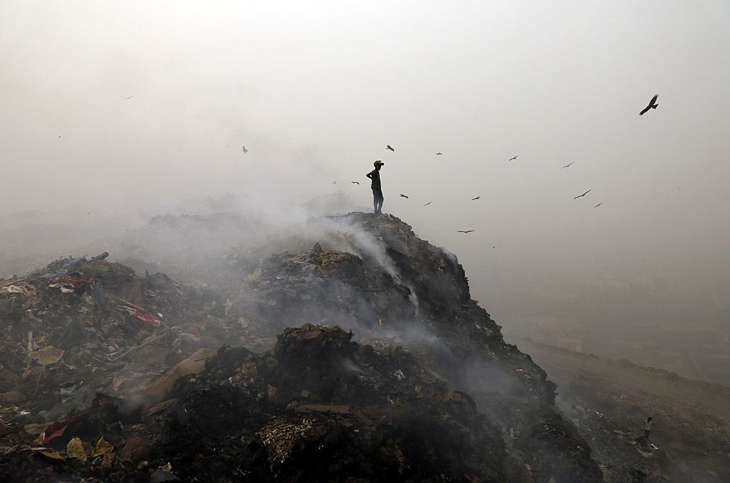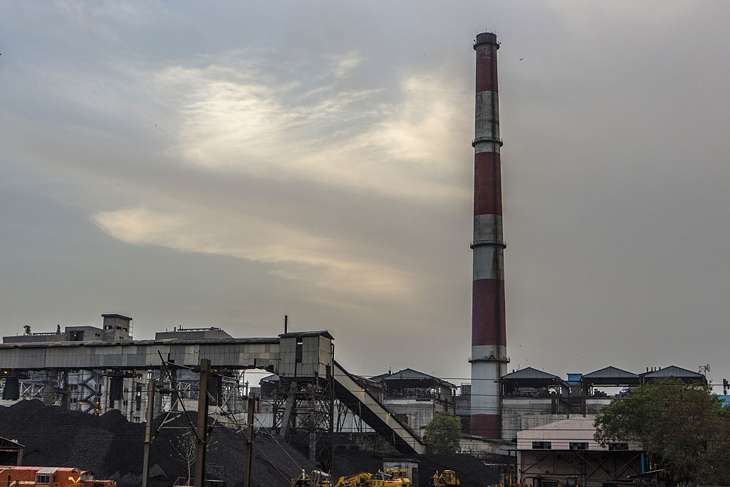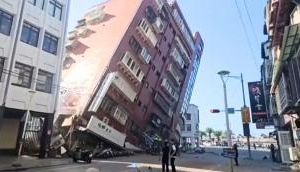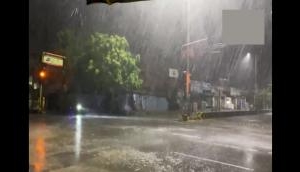4 immediate and 4 long-term solutions to improve Delhi's air

Delhi Chief Minister Arvind Kejriwal on Sunday announced a slew of emergency measures to deal with Delhi air pollution, a full week after post-Diwali pollution that broke several records. The measures include shutting down the Badarpur coal-fired power plant for five days, stopping all construction and demolition for 10 days, and shutting down Delhi schools.
But these aren't all the solutions that the Delhi govt can try to reduce the alarming pollution levels, and not just to protect people from it.
Here are some immediate measure and long-term solutions that experts have suggested. These have been tried in other parts of the world and have worked -

Immediate
Vehicle bans: In addition to the measures announced by Kejriwal, traffic restrictions are necessary, says Centre for Science and Environment. This is because vehicles are more responsible for pollution at the ground level. Diesel cars and trucks need to be specifically targeted, as their emissions are more toxic.
Odd-even: The car restriction policy, used twice in Delhi, takes roughly half the vehicles off the streets. While some experts believe it didn't reduce overall pollution, others say it at least reduced toxic contributions from diesel cars.
Staggered working hours: This is another low-cost short-term measures used in cities worldwide. Delhi's air pollution spikes in the morning and evening, during commute hours. Changing working hours for some of the employers reduces peak traffic congestion, which can reduce peak pollution loads.
Target power plants: The Badarpur power plant isn't the only one affecting Delhi's air. An IIT Kanpur study said that power stations in a 300 km-radius are affecting the Capital's air.

Regional planning: There needs to be a regional action plan for combating air pollution, extending from Punjab to West Bengal, according to Greenpeace India. This includes setting interstate compliance plans to ensure power plants follow pollution standards
Retrofitting diesel cars with particle filters: This can be part of a larger scheme on making vehicles cleaner, including shifting to Bharat Stage VI fuels, according to a report by The Energy and Resources Institute
Business models or subsidy for agri-waste: Burning of agricultural residues in Punjab and Haryana significantly raises pollution, but there are many uses for the waste, for which farmers need to be incentivised. The environment ministry recently announced that the Delhi government could consider paying for this from collections of environmental cess.
New kiln technologies: TERI recommends that cleaner and more efficient production technologies should be adopted, such as supercritical technologies in power sector, vertical shaft kilns, Hoffman kilns, and tunnel kilns for brick manufacturing.





_251021_300x172.jpg)
![BJP's Kapil Mishra recreates Shankar Mahadevan’s ‘Breathless’ song to highlight Delhi pollution [WATCH] BJP's Kapil Mishra recreates Shankar Mahadevan’s ‘Breathless’ song to highlight Delhi pollution [WATCH]](http://images.catchnews.com/upload/2022/11/03/kapil-mishra_240884_300x172.png)

![Anupam Kher shares pictures of his toned body on 67th birthday [MUST SEE] Anupam Kher shares pictures of his toned body on 67th birthday [MUST SEE]](http://images.catchnews.com/upload/2022/03/07/Anupam_kher_231145_300x172.jpg)






